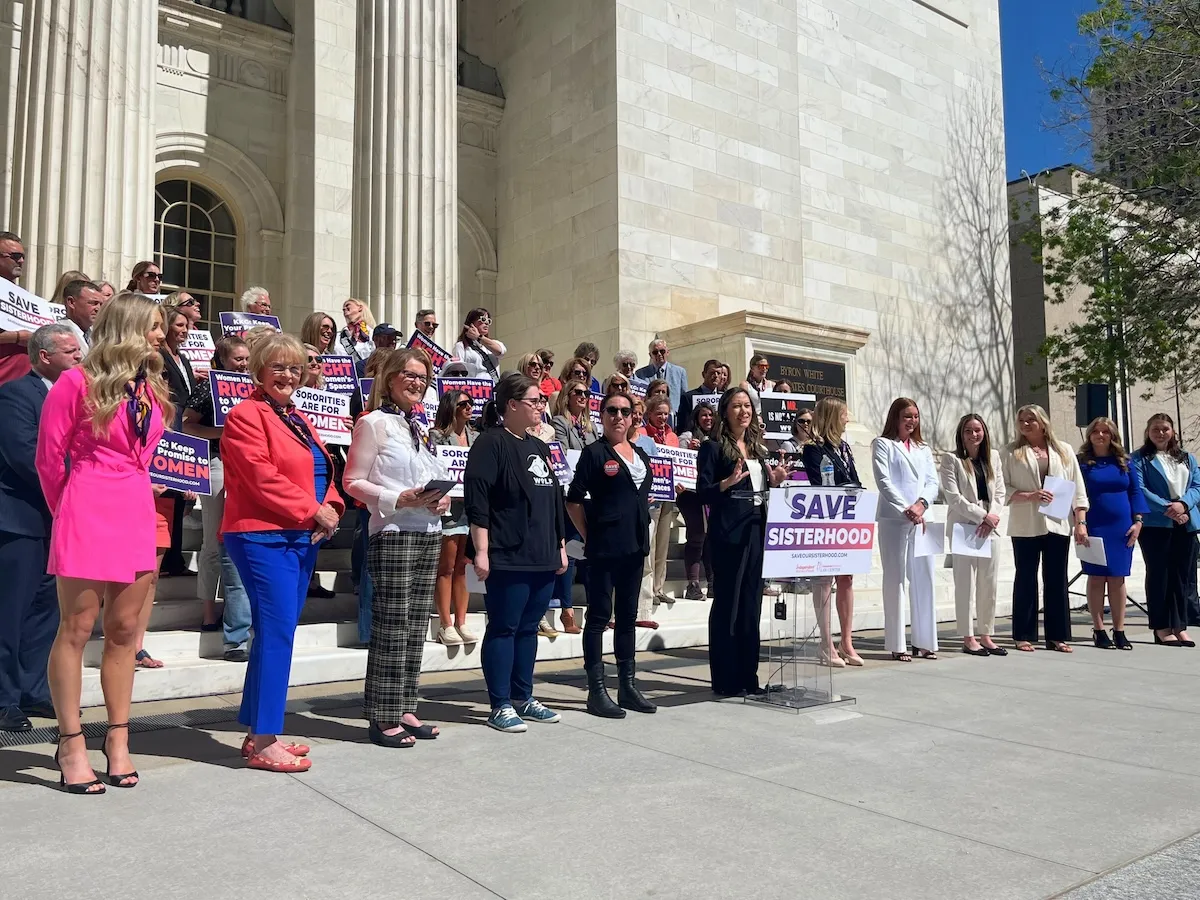A highly contentious bill proposing assisted dying for terminally ill adults is undergoing its second reading in the British Parliament, setting the stage for a closely watched conscience vote, Al Jazeera reports.
The Terminally Ill Adults (End of Life) bill, introduced by Labour MP Kim Leadbeater, would allow mentally competent adults with less than six months to live and suffering from incurable illnesses to end their lives with medical assistance.
Leadbeater argues the bill offers terminally ill individuals “choice, autonomy, and dignity,” emphasizing that it’s about shortening suffering, not ending life prematurely. Supporters contend the legislation provides greater control for those facing the final stages of their lives. However, opponents express deep concerns that vulnerable individuals could feel pressured to choose assisted dying to avoid burdening their families.
While recent polls suggest majority public support for the bill, many MPs remain undecided ahead of the upcoming free vote, where lawmakers will vote according to their conscience rather than party lines. Leadbeater insists the bill incorporates “the strictest safeguards anywhere in the world,” requiring approval from a judge and two doctors before any assisted death can proceed.
Despite this, the bill’s passage faces uncertainty. Some MPs argue it lacks sufficient detail and requires further research to assess the potential legal and financial ramifications. A group of MPs attempted to halt further debate on Friday, proposing an amendment to block the bill’s progress, but Speaker Lindsay Hoyle rejected the motion.
Should the bill pass this second reading, it will advance to further stages of the parliamentary process, with subsequent votes expected in 2025. If ultimately enacted, the UK would join countries like Australia, Canada, and several US states in legalizing assisted dying, marking a significant social reform.
Currently, assisting or encouraging suicide is illegal in England and Wales under the 1961 Suicide Act, with offenders facing up to 14 years imprisonment.








